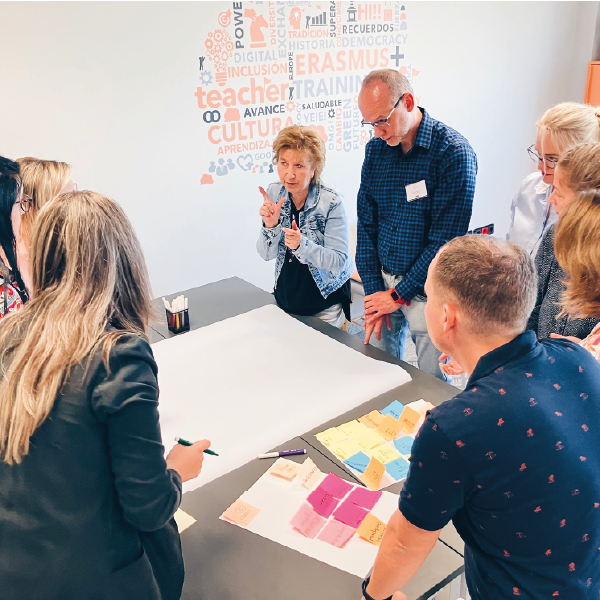Description
This course is designed to equip teachers with a comprehensive understanding of the neuropsychological foundations of learning. Our objective is to develop a repository of learning resources and tools that can be effectively implemented in the classroom, aiming to enhance student motivation and academic performance through the principles of neuroeducation.
Participants will delve into Emotional Education tools and learn how to seamlessly integrate them into the classroom environment. This will enable educators to identify and address instances of bullying, as well as behavioral and emotional challenges.
Additionally, we will furnish teachers with insights into diverse intelligences, allowing them to better cater to the varied needs of their students. This encompasses addressing learning difficulties, accommodating high learning abilities, and nurturing students with high intellectual potential
Understanding the Neuropsychological Foundations of Learning: Gain insight into the fundamental neuropsychological principles that underpin the learning process.
Development of Learning Resources and Tools: Craft a comprehensive repository of learning resources and tools designed for implementation in the classroom. The primary goal is to enhance student motivation and academic performance through the principles of neuroeducation.
Emotional Education Expertise: Acquire knowledge and practical tools for Emotional Education, enabling effective implementation in the classroom to identify and intervene in instances of bullying, as well as address behavioral and emotional challenges.
Intelligence Diversity Awareness: Develop an understanding of different intelligences to effectively cater to the diverse needs of the classroom, including addressing learning difficulties and fostering the potential of students with high intellectual abilities.
Making the Learner the Protagonist: Emphasizing strategies that place the learner at the center of their educational journey, promoting a sense of ownership and autonomy.
Active Learning Techniques: Implementing methodologies that actively engage students, propelling them forward in their educational progress.
Experiential Learning Focus: Shifting the emphasis from rote memorization to learning rooted in experiences, fostering a deeper and more meaningful understanding
Apply Neuropsychological Foundations in Practice: Effectively integrate the neuropsychological basis of learning into their professional practices, enhancing their approach to education.
Develop a Comprehensive Bank of Learning Resources: Design and implement a diverse array of learning resources and tools in the classroom, with the specific goal of elevating student motivation and academic performance through the principles of neuroeducation.
Expertly Address Behavioral Challenges: Successfully identify and intervene in instances of bullying, as well as behavioral and emotional problems within the classroom environment.
Recognize and Respond to Diverse Intelligences: Proficiently identify different intelligences, allowing for a tailored response to the various needs of the classroom, including addressing learning difficulties and nurturing students with high intellectual abilities.
NEXT COURSES
Our Pricing
100% funded by the Erasmus+

Services included
- Pre-arrival information.
- Tuition & training materials.
- Coffee break.
- Training Certificate.
- Europass Certificate.
- Admin & organizational costs.
services
- Accommodation (hotels & self-catering apartments).
- Half-day and one-day trips.
- Cultural activities.
- Airport transfer.
- Local transport.
We want to read you
Reach out to us using our contact form and we will get back to you shortly.

